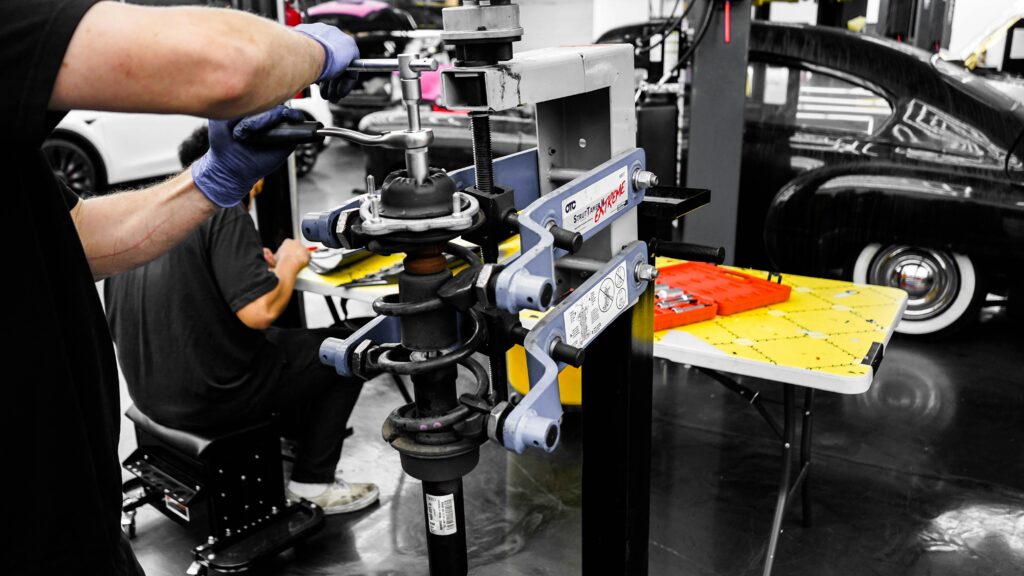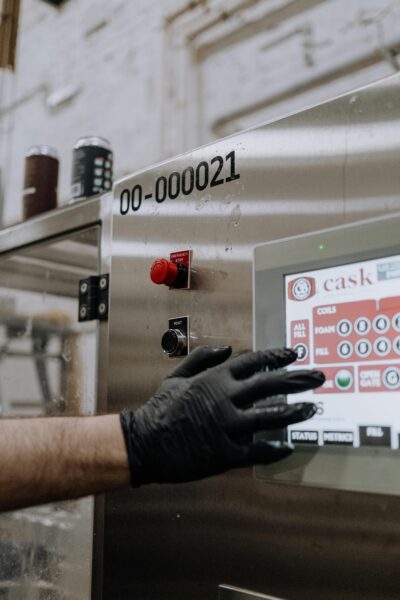Navigating Challenges and Leveraging ERP and MES in the Manufacturing Industry

Baskoro Wijoyo, Sales Senior Manager, PT SystemEver, Indonesia
In Indonesia’s rapidly evolving manufacturing sector, companies face significant challenges in managing raw material procurement and ensuring high production quality. The integration of advanced systems such as Enterprise Resource Planning (ERP) and Manufacturing Execution Systems (MES) plays a pivotal role in addressing these challenges and driving operational efficiency.
Here are some challenges faced by manufacturing companies in Indonesia:
Raw Material Procurement Management:
Efficient raw material procurement is essential for maintaining production schedules and meeting delivery deadlines. In the manufacturing industry, disruptions due to raw material shortages can lead to significant delays, especially in industries like automotive parts where precise delivery is critical. For Indonesian manufacturers, overcoming this challenge requires an integrated approach to procurement that aligns closely with production schedules and anticipates potential supply chain disruptions.
Addressing Demand Fluctuations:
Fluctuations in demand require manufacturers to be agile and responsive. Companies must utilize real-time data to forecast demand accurately and manage inventory levels accurately. Effective strategies include maintaining safe stock, employing just-in-time inventory practices, and collaborating with suppliers to ensure timely material availability. In Indonesia, where market dynamics can be unpredictable, having a flexible and data-driven approach is crucial.
Ensuring Quality Control:
Quality control is fundamental to sustaining competitiveness in the manufacturing sector. Implementing rigorous supplier quality management, conducting thorough inspections, and standardizing quality control processes are vital to ensuring that products meet the required standards. Indonesian manufacturers must adopt comprehensive quality management systems to meet both local and international standards.

The Importance of ERP and MES in Indonesian Manufacturing
Enterprise Resource Planning (ERP): ERP systems are essential for integrating various business processes into a cohesive framework. In the Indonesian manufacturing industry, ERP systems offer several advantages:
- Integrated Data Management: ERP systems centralize data across departments, providing a unified view of operations. This integration helps in aligning procurement plans with production schedules and improves overall efficiency.
- Enhanced Forecasting and Planning: By leveraging real-time data, ERP systems support accurate demand forecasting and inventory management. This capability is crucial for Indonesian manufacturers to adapt to market fluctuations and optimize resource allocation.
- Streamlined Operations: ERP systems automate and streamline processes such as procurement, production planning, and quality control. This automation reduces manual errors and enhances operational efficiency, enabling manufacturers to respond quickly to changing demands.
Manufacturing Execution Systems (MES): MES systems bridge the gap between enterprise-level planning and shop floor operations. For Indonesian manufacturers, MES provides several key benefits:
- Real-Time Production Monitoring: MES systems offer detailed insights into production processes, allowing manufacturers to monitor performance in real time. This visibility helps in managing production schedules effectively and addressing any issues promptly.
- Lot Management and Traceability: MES systems enhance traceability by applying lot management functions to track materials, work-in-progress, and finished products. This feature is particularly valuable for addressing client complaints and ensuring compliance with quality standards.
- Integration with ERP: The integration of MES with ERP systems ensures seamless data flow between shop floor activities and enterprise-level planning. This integration allows for accurate tracking of production outcomes and facilitates data-driven decision-making.
In the Indonesian manufacturing industry, the challenges of raw material procurement and quality control are met with the strategic implementation of ERP and MES systems. These advanced systems offer crucial benefits such as improved data integration, real-time monitoring, and enhanced traceability. By leveraging ERP and MES, Indonesian manufacturers can achieve greater efficiency, adaptability, and quality in their operations, positioning themselves for success in a competitive market.




